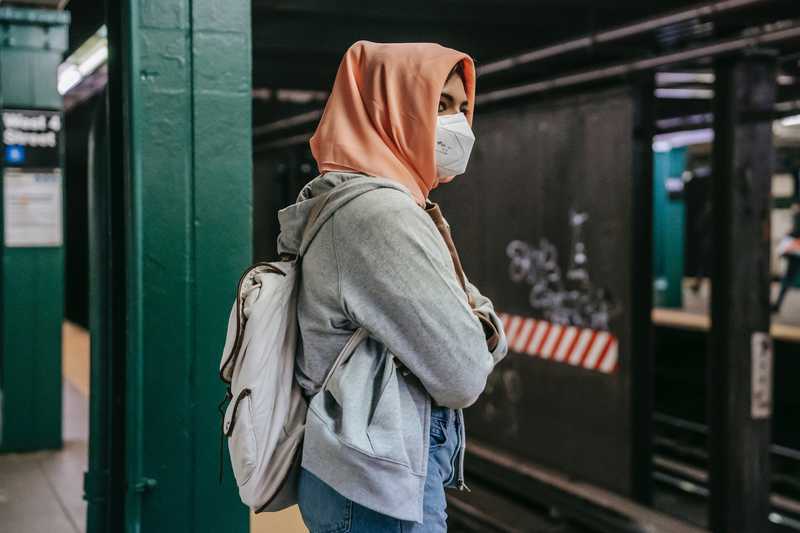Abortion Restrictions Aren't about Safety
dimanche, février 28, 2021 blog Share
Restrictions on abortion access existed well before COVID, and these restrictions haven't disappeared with it.
Throughout the COVID-19 pandemic, anti abortion forces in the US have been attempting, and often succeeding, to capitalize on our collective anxiety in order to limit abortion access, while at the same time keeping fake clinics open, holding conferences, harassing patients and providers at clinics, and marching for "life," all while largely unmasked. Antichoicers have been successful in influencing policy around abortion throughout the pandemic - in Texas, for example, Governor Greg Abbott banned abortions early on in COVID, claiming that abortion is an elective procedure and not time sensitive. (As a result, the rate of second trimester abortions went up, and people traveled out of state to get them.) Recently, the US Supreme Court also reinstated a policy necessitating that folks seeking abortion care via abortion pills travel to pick up the pills in person, in spite of lockdown orders and the fact that abortion pills are safe to take without any supervision whatsoever.
Restrictions on abortion access existed well before COVID, and these restrictions haven't disappeared with it, even in states that didn't ban abortion while infection rates soared. These restrictions, such as 24-72 hour waiting periods, already prevent those seeking abortion care from getting it, by placing barriers like travel (augmented if you live in a state with one clinic or a large state with clinics that are spread out), missed work, child care, and more, in the way. When you add the requirement of a negative COVID test result on top of a waiting period, the need to obtain judicial bypass, finding the money to fund the actual procedure, and getting all this and more done while you become even more pregnant, obtaining safe abortion care becomes difficult at best.
Let's remember that obtaining COVID testing was not always easy - you often couldn't get one if you were asymptomatic, and a referral was often required. In Arkansas, officials required a negative COVID test result 48 hours before an elective procedure (abortion was included in that category), but tests at that time - the end of April 2020 - were not widely available. Arkansas also requires that someone seeking abortion be given state-directed counseling in person that includes information discouraging them from having an abortion, and then requires that that person wait 72 hours before they can actually get the abortion. So that's a negative COVID test, one trip to the clinic for counseling, and then another one after 72 hours for the procedure. Factor in also the reality that as of 2017, 97% of counties in Arkansas had no abortion provider, and many travel to Tennessee to obtain care.
Lockdown, abortion restrictions, and the pandemic in general has led to an increased demand for abortion pills, but you don't have to wait for dire circumstances to appear to use abortion pills - they're super effective and can be used safely at home. You can opt to self manage your own abortion if you can't access a clinic, or don't feel good about going to one. The reason that's best for you is the right reason. For more information about abortion pills, visit our FAQs.

 get abortion pills
get abortion pills
 get contraceptives
get contraceptives
 donate
donate


